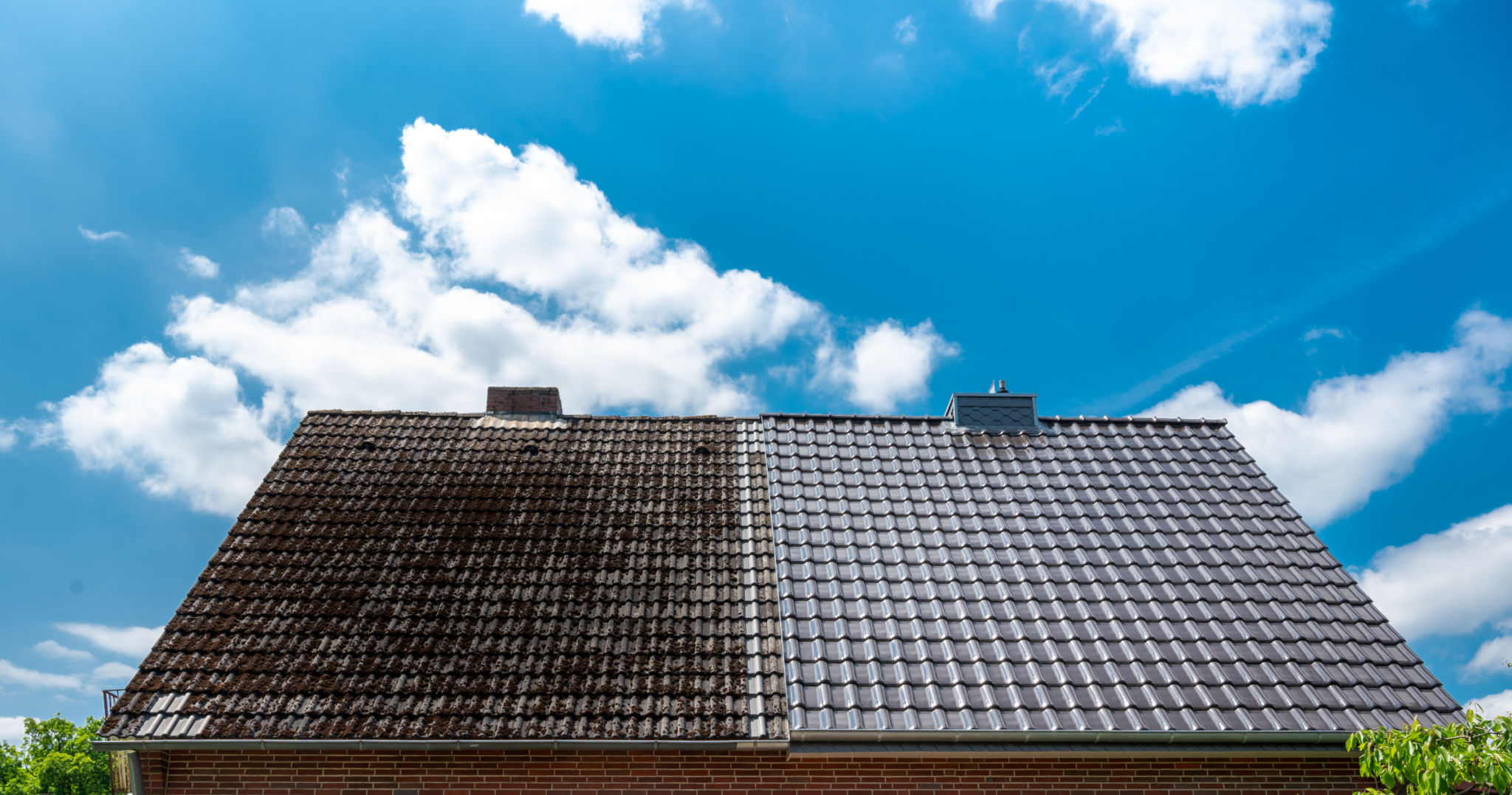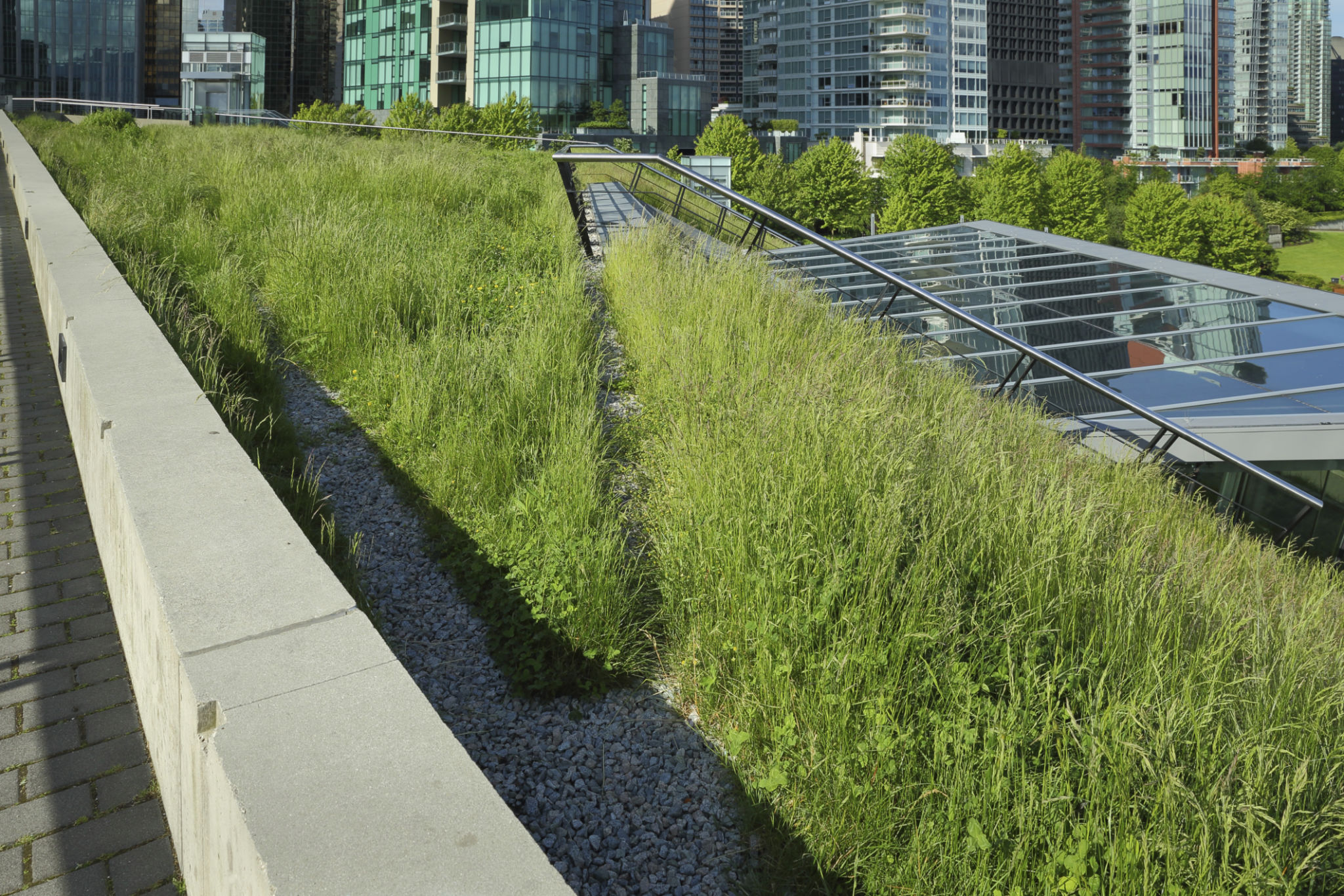Common Misconceptions About Roofing and Siding: Expert Insights
LB
Understanding Common Roofing Misconceptions
When it comes to home improvement, roofing often takes a backseat to more visible elements like landscaping or interior design. However, a roof is one of the most critical components of your home. Unfortunately, several misconceptions about roofing persist, leading homeowners to make uninformed decisions. It's time to set the record straight with expert insights.
One common misconception is that all roofing materials are the same. In reality, roofing materials vary significantly in terms of durability, cost, and suitability for different climates. Asphalt shingles, metal roofing, and clay tiles each have distinct advantages and drawbacks. Consulting with a professional can help you choose the best material for your home.

Myths Surrounding Siding Installation
Siding plays a vital role in protecting your home from the elements while enhancing its aesthetic appeal. Despite its importance, several myths can cloud homeowners' judgment when selecting or maintaining siding. One such myth is that siding requires no maintenance. In truth, regular cleaning and inspections are necessary to ensure its longevity and effectiveness.
Another misconception is that vinyl siding is the only affordable option. While it's true that vinyl is cost-effective, there are other budget-friendly materials like fiber cement and engineered wood that offer greater durability and a wider variety of styles. Understanding these options can lead to better long-term investments for your property.

The Truth About Roofing Lifespan
A prevalent myth is that all roofs last the same amount of time. The lifespan of a roof greatly depends on the material used, the quality of installation, and environmental factors. For instance, while asphalt shingles may last 20-30 years, metal roofing can endure for 50 years or more with proper maintenance.
Moreover, some homeowners believe that warranties cover all issues that may arise during the roof's lifespan. In reality, warranties vary and often have limitations on what they cover. It's crucial to understand the terms and conditions of any warranty before making a decision.

Environmental Impact Considerations
There is a growing concern about the environmental impact of roofing and siding materials. A common misconception is that eco-friendly options are always more expensive or less effective. However, many sustainable materials like recycled metal or bamboo siding offer both environmental benefits and cost savings over time.
Additionally, some homeowners underestimate the importance of proper disposal of old materials during renovations. Many roofing and siding materials can be recycled, reducing landfill waste and contributing to a greener planet. Consulting with professionals can provide guidance on sustainable practices for your home improvement projects.

The Importance of Professional Guidance
DIY projects are popular among homeowners looking to cut costs, but when it comes to roofing and siding, professional expertise is invaluable. Hiring experienced contractors ensures that installations meet industry standards, reducing the likelihood of future issues.
Professionals can also provide insights into local regulations and building codes, preventing costly mistakes down the line. Trusting experts with your roofing and siding needs not only protects your home but also enhances its value and longevity.

